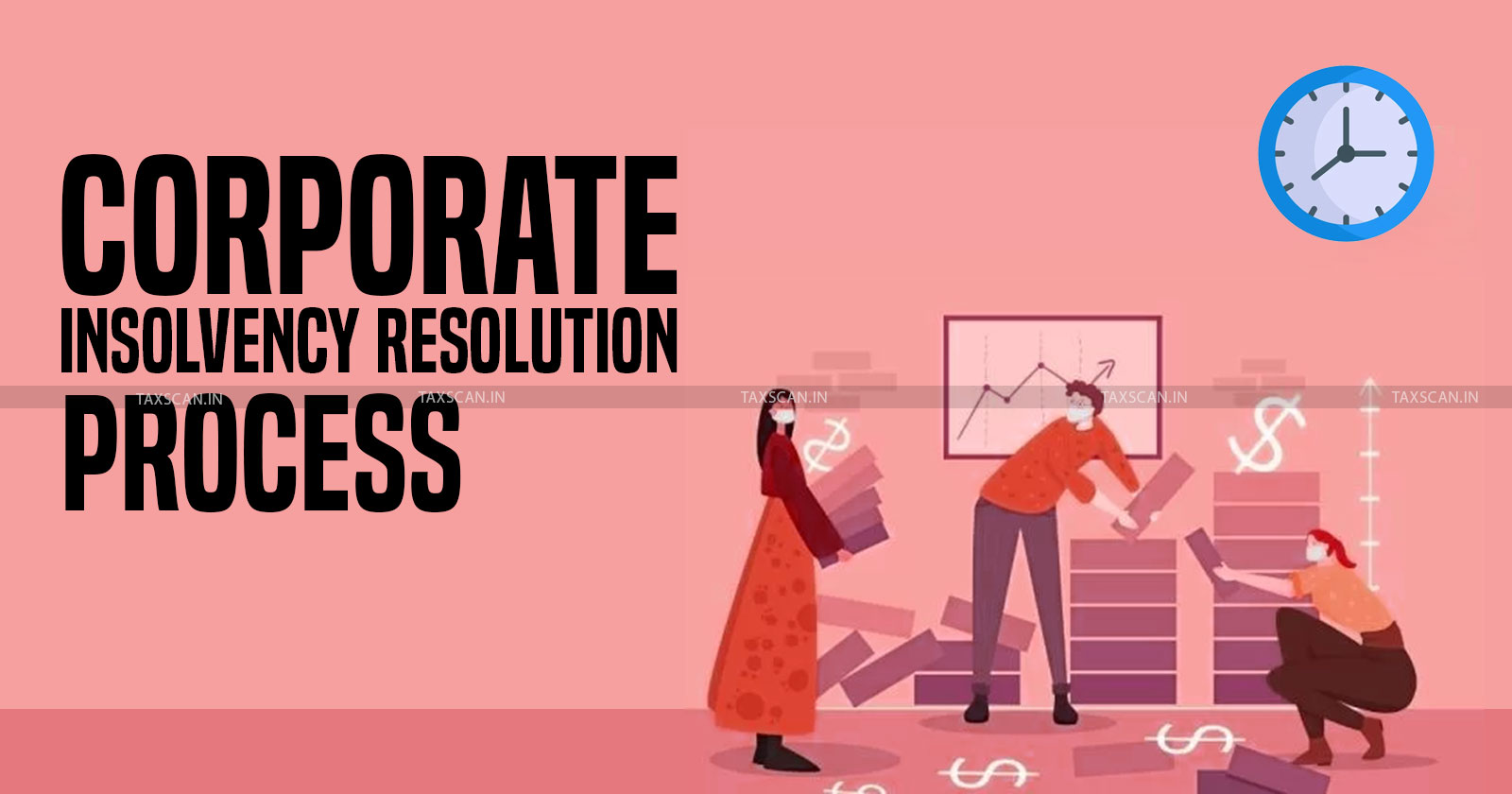CIRP Petition can be rejected on Failure of Operational Creditors to Comply with S. 69(2) of Indian Partnership Act: NCLT [Read Order]
The Tribunal held that the petition was not maintainable in view of the violation of Section 69(2) Indian Partnership Act, improper service of notice, and lack of proof of debt and default. Consequent to such finding the petition was dismissed

CIRP – NCLT – National Company Law Tribunal – Indian Partnership Act – Insolvency and Bankruptcy Code – taxscan
CIRP – NCLT – National Company Law Tribunal – Indian Partnership Act – Insolvency and Bankruptcy Code – taxscan
The Hyderabad bench of the National Company Law Tribunal ( NCLT ) dismissed a Section 9 application filed under the Insolvency and Bankruptcy Code, 2016 by Amogh Industrial Products. The Operational Creditors and held that Corporate Insolvency Resolution Process ( CIRP ) can be rejected due to the failure in compliance with Section 69(2) of Indian Partnership Act, 1932.
On 11th November, 2020, Mirchi Developers ordered Amogh Industrial Products for labour and civil construction services. Amogh Industrial Products performed the services rendered and gave several raising invoices, which were duly accepted by Mirchi Developers. Operational Creditor further submitted that amount was payable on 17th February, 2022, and Mirchi Developers did not respond to the payment of that amount of Rs 1,15,29,288/- which was also carrying an interest of Rs 25,51,742/- and after adding the total amount was Rs 1,40,81,130/-.
Complete Supreme Court Judgment on GST from 2017 to 2024 with Free E-Book Access, Click here
On 31st October, 2023, Amogh Industrial Products mailed a demand notice which reached Mirchi Developers on 1st November, 2023 and was not paid. The petitioner invoked corporate insolvency resolution process ( CIRP ) after no response. Whereas, an electronic mail response was received from the debtor, on 3 July 2024, a postal notice issued by the petitioner was returned.
It was asserted that the NCLT on hearing, held the following points and sent a memorandum of comments asking the petitioner to explain the same: Firstly, that the petitioner fails to prove its registration as a partnership firm; secondly, the demand notice has not been served correctly on the debtor; thirdly, there is no evidence that the invoices have been certified by an engineer as mandated by the work order.
Complete Supreme Court Judgment on GST from 2017 to 2024 with Free E-Book Access, Click here
The Respondent, Mirchi Developers Pvt. Ltd., did not appear before the Tribunal and neither does any specific counterarguments were taken on the record by it. Though postal notice returned undelivered, the respondent admits email notice and insists that copy of petition may be sent to it through e-mail but as no other appearance was made by side of respondent so, respondent is placed ex parte.
It was viewed that a firm shall be registered under Section 69(2) of the Indian Partnership Act, 1932, to file a petition for the enforcement of rights under contract. In addition, the petitioners did not produce the register of firms showing the names of its partners. In the absence of the register of firms, it becomes impossible to confirm the status of the authorized signatory Mr. Amar Das as a partner. As such, it was held that the notice under demand was not properly served upon the corporate debtor. The registered post notice was returned unserved along with an email notice that was received at an inappropriate email address.
Complete Supreme Court Judgment on GST from 2017 to 2024 with Free E-Book Access, Click here
The Tribunal held that notice under Rule 5(2) of the Insolvency and Bankruptcy (Application to Adjudicating Authority) Rules, 2016 was not served properly. The tribunal observed that there was no proof of debt from the petitioner. While the petitioner proffered tax invoices, it could not avail original invoices which were received and sighted by the respondent.
The petitioner did not present documentation that would reveal an engineer has verified the invoices. In such a scenario, the respondent had in its work order provided. In this regard, there was no appropriate proof of acknowledgment or default regarding the debt established. The tribunal further reasoned that the notice sent to Mirchi Developers is received by one Rajesh Kumar whose identity was not known. This again raised a question about whether the demand notice was served properly.
Complete Supreme Court Judgment on GST from 2017 to 2024 with Free E-Book Access, Click here
The Tribunal held that the petition was not maintainable in view of the violation of Section 69(2) Indian Partnership Act, improper service of notice, and lack of proof of debt and default. Consequent to such finding the petition was dismissed.
To Read the full text of the Order CLICK HERE
Support our journalism by subscribing to Taxscan premium. Follow us on Telegram for quick updates


